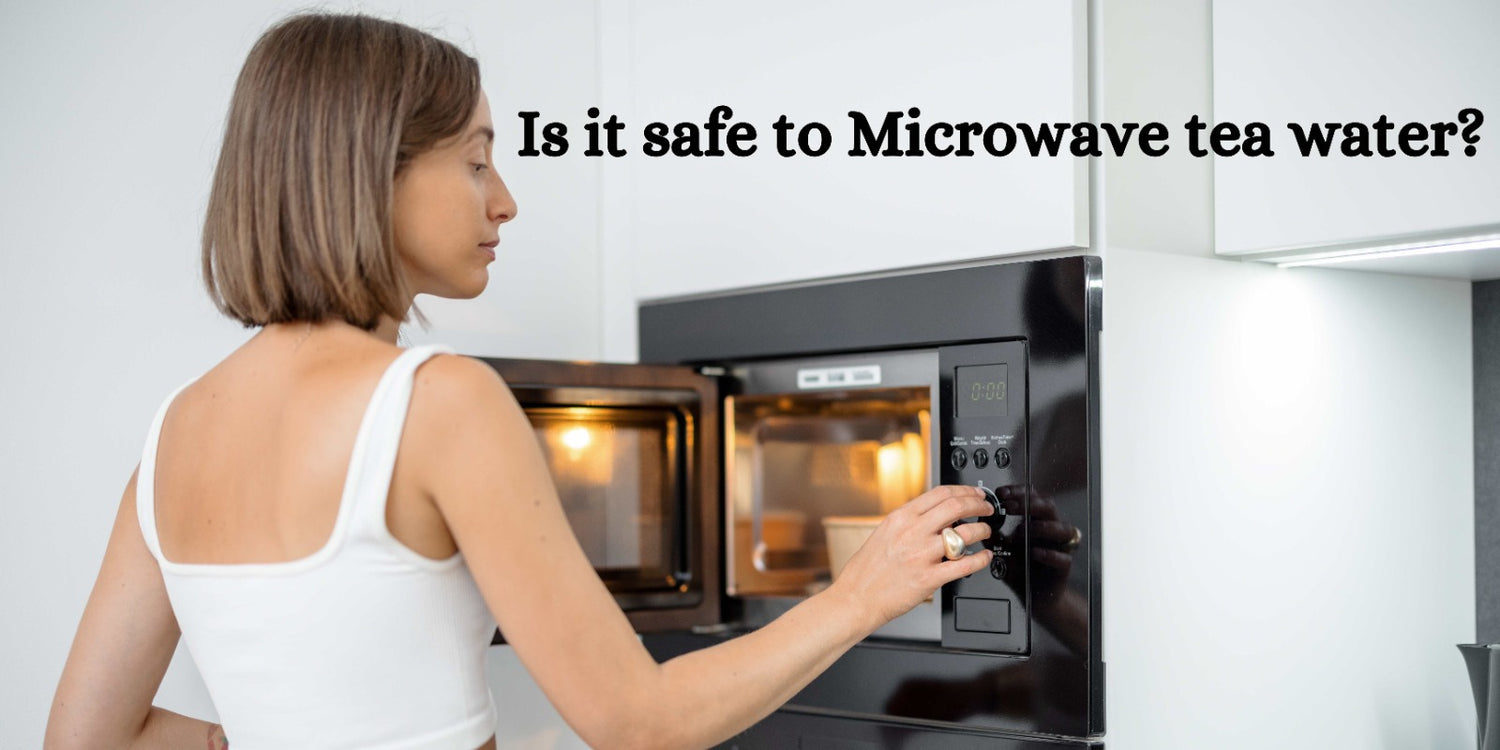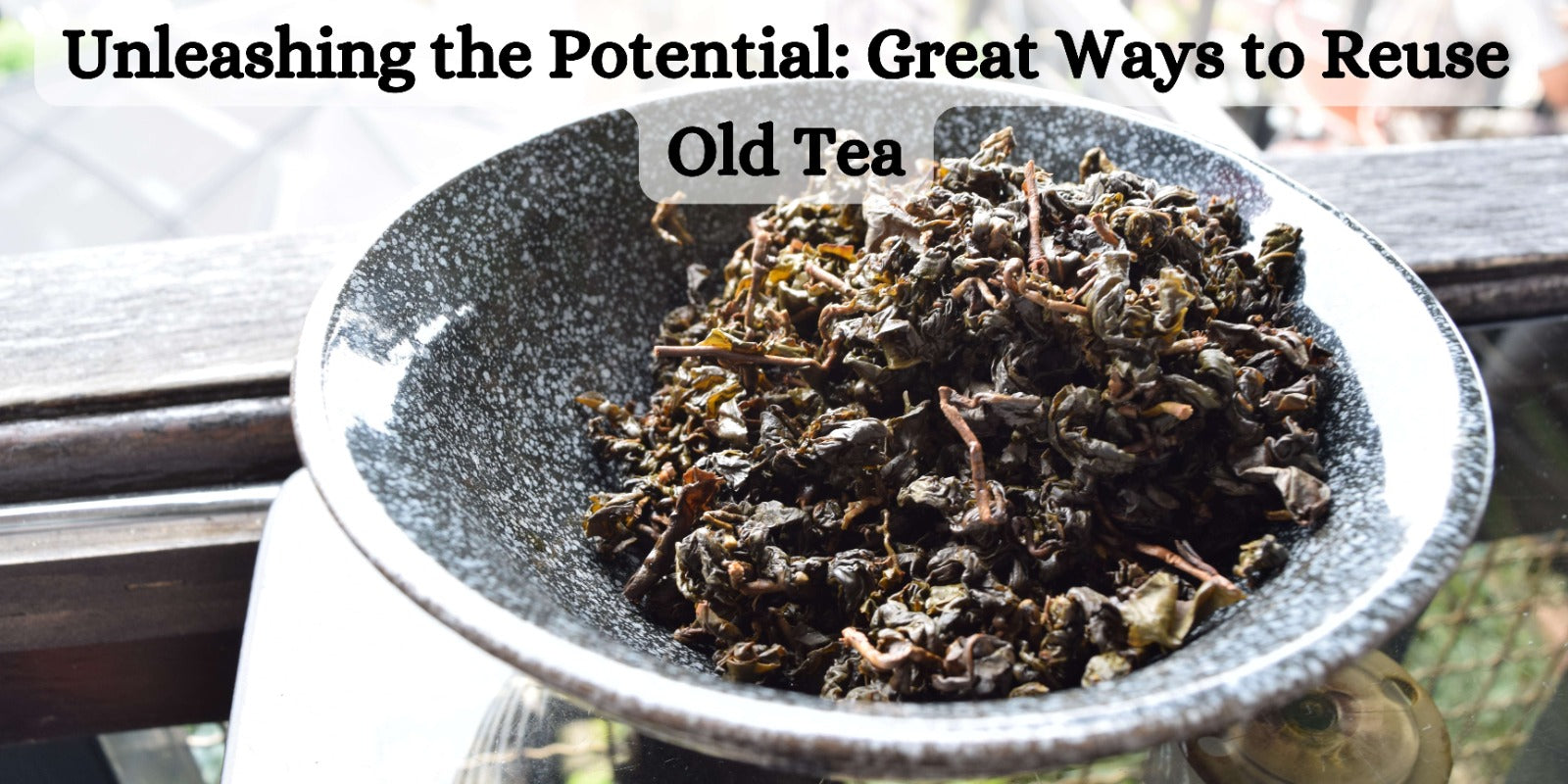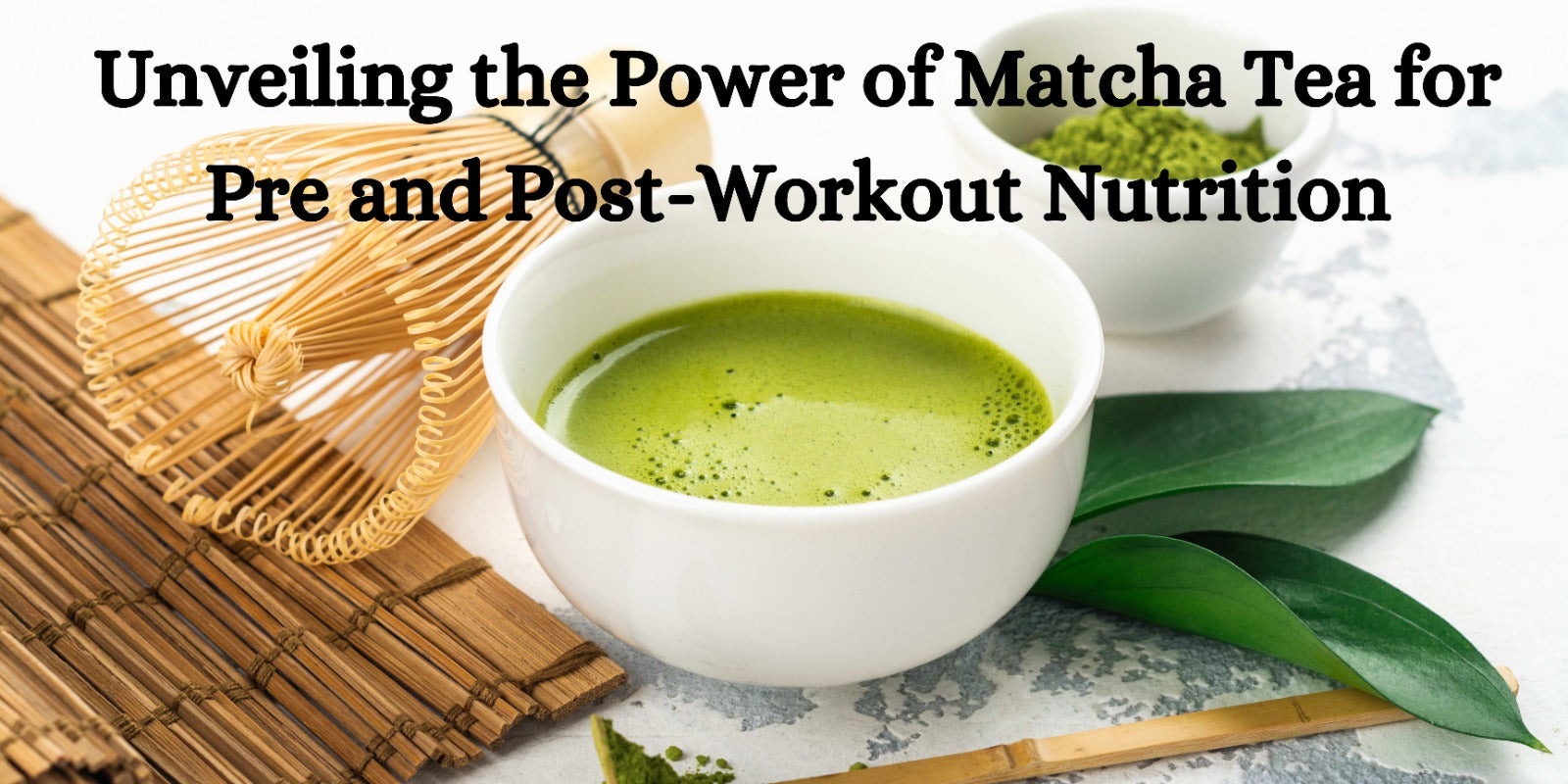Microwaving tea water has been a topic of debate among tea enthusiasts and health-conscious individuals. The safety of microwaving tea water has sparked discussions about potential health risks and the impact on the flavor and quality of the brewed tea. In this comprehensive guide, we will delve into the scientific aspects, dispel common myths, and provide insights into the safety of microwaving tea water. By the end of this informative exploration, you will have a clear understanding of the safety considerations associated with microwaving tea water and how it may impact your tea-drinking experience.
The Science of Microwaving Tea Water
Understanding Microwaves and Water Heating
Microwaves work by agitating water molecules within food or liquid, causing them to generate heat through molecular friction. When water is microwaved, the heat is dispersed throughout the liquid, leading to the rapid heating of the water.
Impact on Water Structure
Microwaving water does not alter its chemical composition or introduce harmful substances. The process primarily affects the temperature of the water and the formation of steam, leading to the evaporation of volatile compounds, such as chlorine or other impurities, which may be present in tap water.
Debunking Common Misconceptions
Loss of Nutrients
Contrary to popular belief, microwaving water does not lead to a significant loss of nutrients in the water. While extreme heat can degrade certain heat-sensitive vitamins and phytonutrients, the short duration of water heating in the microwave does not have a substantial impact on nutrient content.
Creation of Harmful Compounds
There is no scientific evidence to support the claim that microwaving water creates harmful compounds or toxins. The heating process does not induce chemical reactions that produce harmful substances, and the water remains chemically unchanged after microwaving.
Safety Considerations
Superheating Hazard
Superheating occurs when water is heated beyond its boiling point without forming bubbles, leading to the potential for a sudden release of steam and subsequent splashing when disturbed. To avoid this, it is recommended to use microwave-safe containers and insert a non-metallic object, such as a wooden stir stick or a tea bag, to provide nucleation sites for bubble formation.
Uneven Heating
Microwaves may heat water unevenly, resulting in localized hot spots. To ensure uniform heating, it is important to stir the water after microwaving and allow it to rest for a short period to achieve a consistent temperature throughout the container.
Impact on Tea Flavor and Quality
Influence on Tea Extraction
The temperature of water greatly influences the extraction of flavors and compounds from tea leaves. Microwaving water can lead to variations in water temperature, potentially impacting the extraction process and the resulting flavor profile of the brewed tea.
Consideration for Delicate Teas
Delicate teas, such as green and white teas, are particularly sensitive to water temperature variations. Microwaving water for these teas requires careful attention to avoid overheating, which can lead to astringent or bitter flavors in the brewed tea.
Best Practices for Microwaving Tea Water
Use of Microwave-Safe Containers
Selecting microwave-safe containers, such as glass or ceramic, is essential for safe and effective water heating. Avoid using metal or plastic containers that are not designated for microwave use.
Monitoring Water Temperature
Using a thermometer to measure the water temperature after microwaving can help ensure that the water reaches the desired temperature for brewing tea. This approach allows for precise control over the water temperature and consistency in tea preparation.
Adjusting Brewing Parameters
When microwaving water for tea, it may be necessary to adjust the brewing parameters, such as steeping time, to account for potential variations in water temperature. Experimentation and observation can help determine the optimal brewing conditions for microwaved water.
Conclusion: The Safety and Considerations of Microwaving Tea Water
In conclusion, microwaving tea water can be a safe and convenient method for heating water for tea preparation. While it is essential to be mindful of potential hazards such as superheating and uneven heating, understanding the scientific principles and best practices can help mitigate safety concerns and optimize the tea-drinking experience.
When microwaving tea water, it is important to prioritize safety, maintain awareness of temperature variations, and adjust brewing parameters as needed to ensure the desired flavor and quality of the brewed tea. By applying these considerations, you can harness the convenience of microwaving water while enjoying a safe and satisfying tea-drinking experience.




